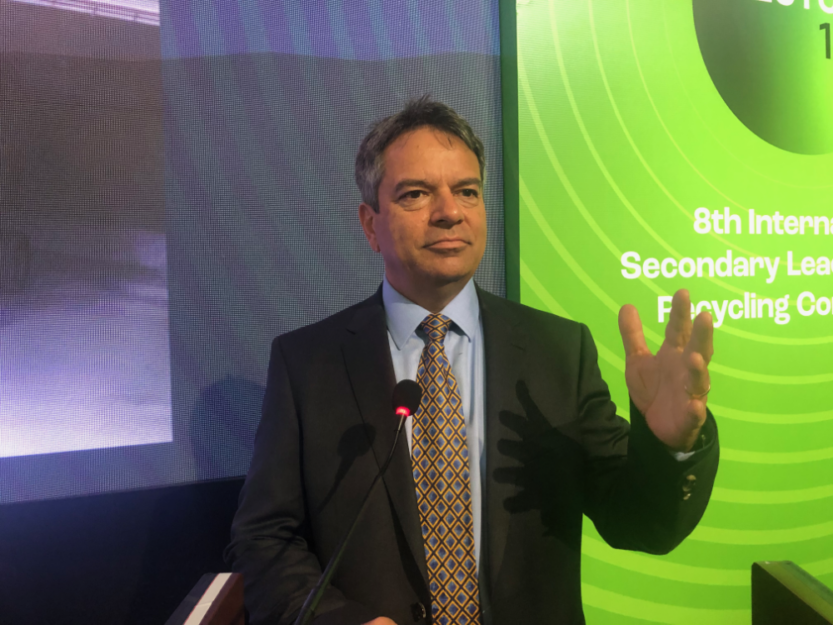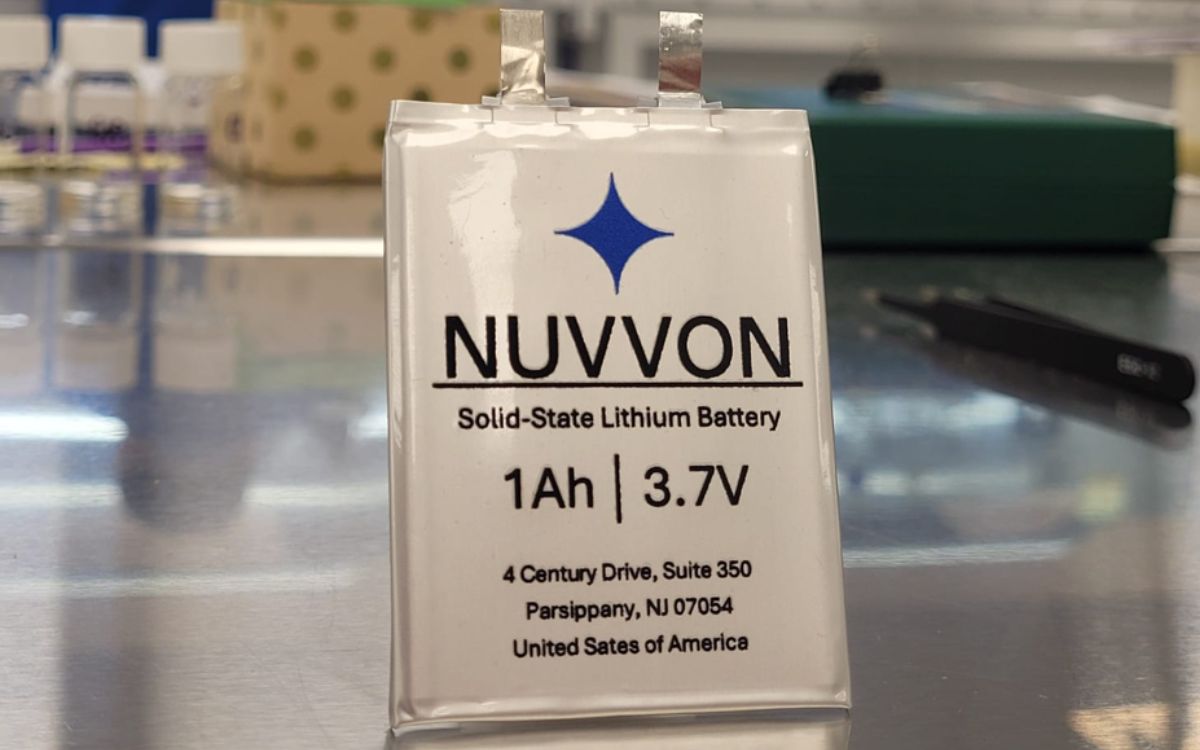The recycling market is due to be hit by a tidal wave of demand for recycling electric vehicle (EV) batteries and the market will not be ready for it, according to Farid Ahmed of Ace Green Recycling.
Speaking at the Recycle100 secondary lead recycling conference in Siem Reap, Cambodia, Ahmed said: “The colossal growth is going to hit us like a tidal wave. We need to react, and not just when it hits us.”
He told BEST he believes EVs are in many cases being used as second car “run arounds” and so provide better than expected battery longevity. Lithium-ion is growing so fast anyway, even though it is not as fast as many expected a couple of years ago. It means recycling lithium-ion batteries will gather pace quickly and then face a tidal wave of demand. “It will be 2032-ish when we feel it,” he said.
Asked if the recycling market will be ready for that, he said: “Not a chance. People aren’t going to build huge smelting capacity and have it sitting there hungry for years and years ready for the time when they are ready for their feed.
“That’s why we are enthusiastic about our modular concept. You can build up capacity.”
Each module is identical and has recycling output capacity of 1.5 tonnes of lead-acid batteries and half a tonne of lithium-ion batteries per day.” He said this stepped approach makes its systems accessible in poorer countries, where informal recycling exists.
He was presenting Ace Green’s systems for recycling lead-acid and lithium-ion batteries. Its lead-acid system utilises a caustic soda solution to desulfurise the lead paste, together with Ace’s own proprietary chemicals to drive the lead reduction reaction. The lithium hydrometallurgical battery recycling – chemistry agnostic – recovers lithium in carbonate or hydroxide form.
Italian equipment manufacturer STC has teamed up with Singapore’s Ace Green to provide the manufactured recycling equipment, as well as the overall engineering, which is integrated with Ace Green’s recycling technology. The two said in February when they announced their partnership they will explore opportunities for licensing and co-marketing their battery recycling technologies.












